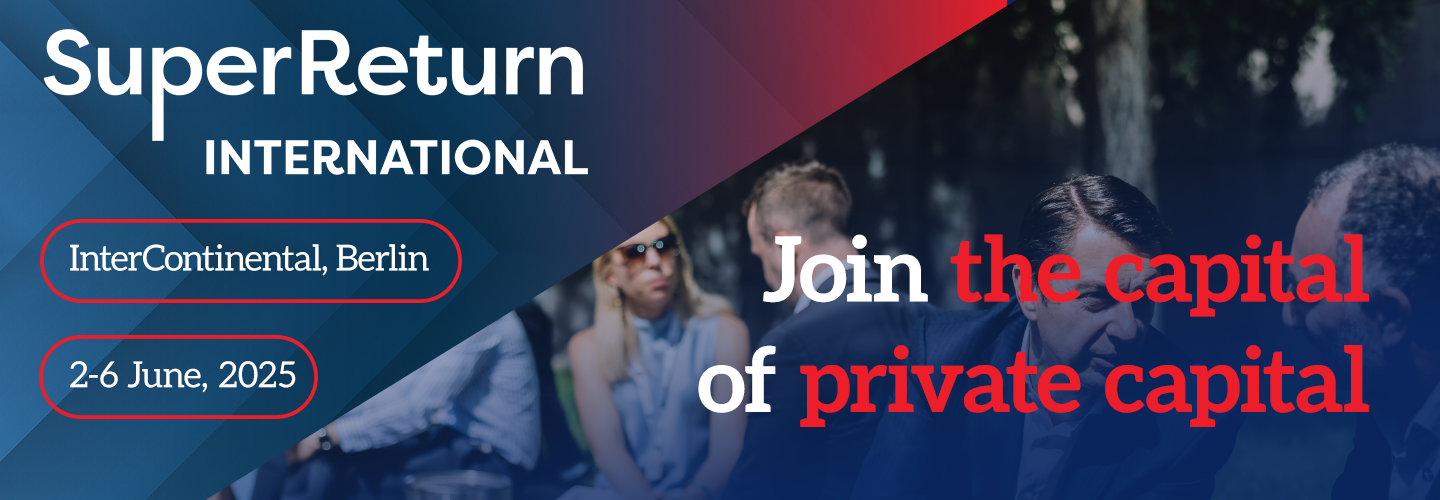AI disruption done right: Insights from Mangusta Capital’s Kevin Jiang

This article is brought to you in collaboration with Gregory FCA.
AI is redefining the rules of engagement in private markets. As Co-Founder and Managing Partner of Mangusta Capital, Kevin Jiang brings a unique lens to the discussion, drawing from his firm’s deep experience investing at the intersection of artificial intelligence and real-world application. Ahead of his appearance at SuperReturn International 2025, we spoke to Kevin about the rise of AI-driven investment strategies, how technology is reshaping decision-making and exit planning, and the cultural shifts GPs must embrace to stay competitive in the AI era.
AI continues to generate buzz across financial services, where do you see its most impactful/obvious near-term applications within venture and growth equity, and how do you see its applications evolving?
The most impactful near-term applications of AI in venture and growth equity are concentrated in deal sourcing, portfolio monitoring, and operational efficiency. AI enables investors to parse vast datasets in real time to identify emerging trends, perform sentiment analysis, and flag high-potential companies that may be overlooked through traditional sourcing methods. In our own operations at Mangusta Capital, we leverage verticalized AI tools to streamline due diligence and benchmark portfolio performance.
Looking ahead, AI's applications will evolve from augmenting decision-making to driving entirely new investment strategies. Autonomous underwriting, AI-generated deal models, and predictive exit planning are no longer theoretical. As the tools mature, VCs and GPs who embed AI throughout their firm’s infrastructure will maintain a material edge.
What role do you see AI playing in identifying investment and/or exit opportunities or optimizing return strategies across the investment lifecycle?
AI is redefining the investment lifecycle, particularly in identifying asymmetric information opportunities and refining timing strategies around exits. For example, at Mangusta, we use AI tools that track changes in hiring patterns, product usage signals, and even code repository velocity to anticipate inflection points in our portfolio. This has proven crucial in making timely follow-on investments and preparing for secondary opportunities. When it comes to exits, AI enables us to run real-time scenario modeling based on market comps, macro signals, and historical outcomes, which enhances our ability to time partial liquidity events for optimal IRR.
As investors continue to explore AI, how should VCs be thinking about the ethical and societal implications of the technologies they're backing?
We believe in the power of vertical AI – domain-specific co-pilots that augment experts rather than replace them. Our portfolio includes companies like TaxGPT, which empowers CPAs with AI-assisted tax analysis, and GAIL, which enhances the productivity of financial institutions and their teams. These applications underscore our conviction that the most enduring AI companies are those that align technical innovation with professional enablement.
From a talent perspective, how do firms need to adapt – both culturally and structurally – to fully harness AI’s potential?
Culturally, embracing AI requires a mindset shift from intuition-based decision-making to data-augmented judgment. Structurally, we’re seeing top firms integrate technical leadership – CTOs or Heads of AI – earlier into organizational design, even in traditionally non-technical teams. At Mangusta, we foster a culture of experimentation and continuous learning, encouraging all team members to actively use and iterate on AI tools. For portfolio companies, we advise founders to prioritize interdisciplinary hires who can bridge domain expertise with machine learning, and to align incentive structures around innovation and adaptability.
As a venture firm focused on investing in AI and consumer disruption, how do you evaluate which applications of AI have true disruptive potential, versus those riding the hype?
At Mangusta, we distinguish true disruption by applying three filters: domain depth, defensibility, and distribution. We look for founders with vertical-specific insight who are solving a core workflow pain point, not just layering AI onto a generic process. We assess defensibility in terms of proprietary data access and systems integration, which create compounding advantages over time. And we ensure the business model allows for efficient go-to-market, ideally by embedding into existing tools or platforms.
This thesis has led us to back breakout category leaders such as xAI, TaxGPT, and GAIL. These companies are redefining how foundational work is done in enterprise infrastructure, accounting, and financial services. In a world of AI noise, we back the quiet builders reshaping critical industries from the inside out.